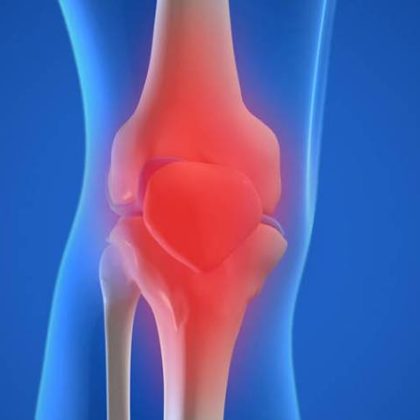In the landscape of India, Tamilnadu occupies a position at the Bottom. But in major spheres of human development like literacy, health and standard of living it occupies a much-exalted position among the States. A higher standard of living brings with it certain diseases of effluent at the doorstep of TN. Chronic Kidney Disease is one such disease which is rearing up its ugly head among the general population. It is a slow and silent customer during the early phase which makes it hard to detect.
The Prevalence of Chronic Kidney Disease in Tamilnadu
Tamilnadu with a population of 80 million is home to approximately 65,000 Chronic Kidney Disease patients. Every year roughly 15,000 patients require advanced care in the form of dialysis and kidney transplants. Over the last 30 years, enormous strides have been made in the state services for kidney ailments. All the district health quarters have now functioning dialysis units. In spite of State Government’s concerted efforts to increase the dialysis and transplant services, only a fraction of these patients could be beneficiaries of these advanced treatments. Since these come at high cost, preventive health measures are the best way to tackle this growing menace of CKD.
Chronic Kidney Disease can affect any age group and both sexes equally. Healthy Mothers deliver children with healthy kidneys. The converse is also true. Hence maternal health and nutrition are the essential starting point of preventive kidney services in any community.
Symptoms
The important message for the public is that early kidney disease is silent.
Look out for the following symptoms to visit a doctor.
- Regular exercises for 45 minutes for 5 days of a week is kidney-friendly.
- Drinking 2 to 2.5 Litres of fluid including water is crucial to prevent subtle dehydration especially during summer months.
- Excess salt intake is a strong risk factor for high blood pressure and should be curtailed.
- Control of high blood sugar in diabetic patients prevents the onset of kidney disease in later life.
Realising the very limited awareness about Kidney diseases in the General Public, World Kidney Association called International Society of Nephrology undertook the momentous decision to earmark second Thursday of March every year as World Kidney Day.
It is a realisable dream provided we start at the basics by ensuring Public education and provide preventive services at the doorstep of every Indian.






